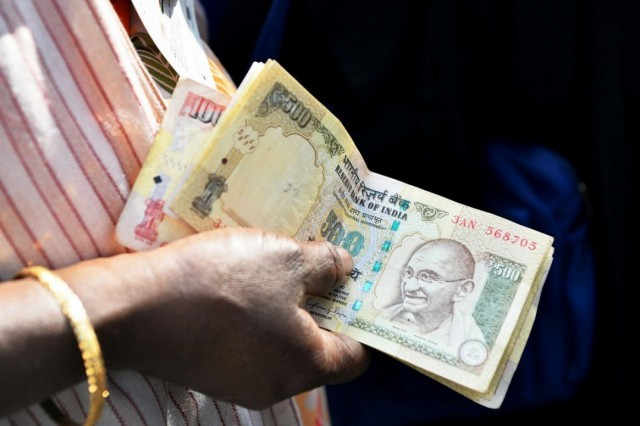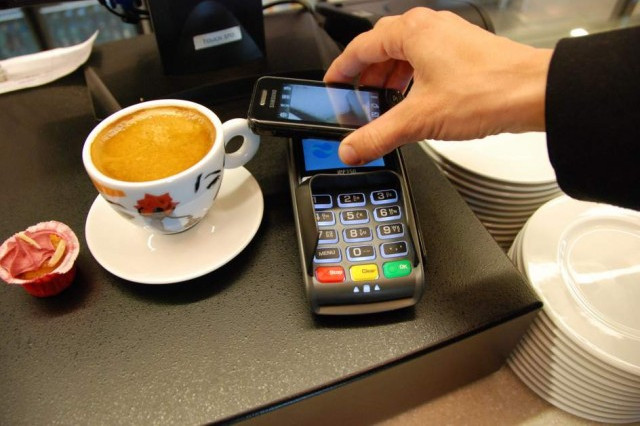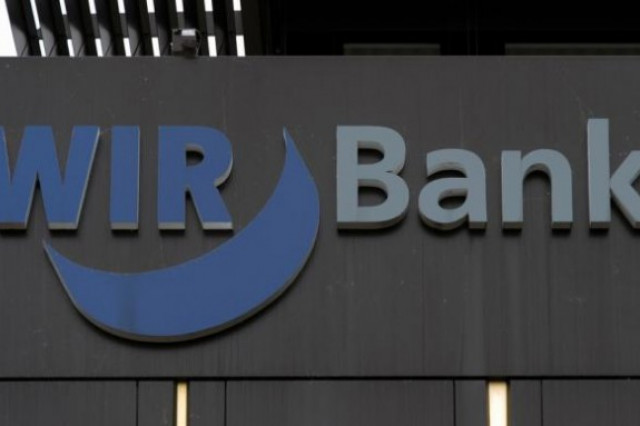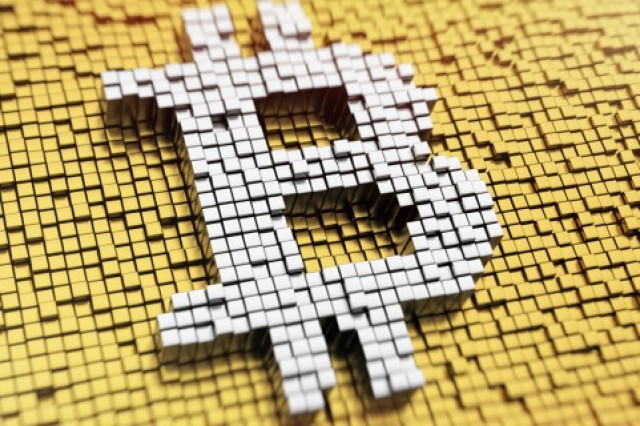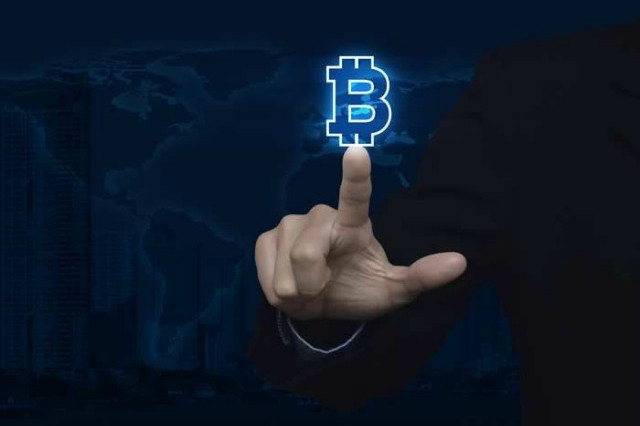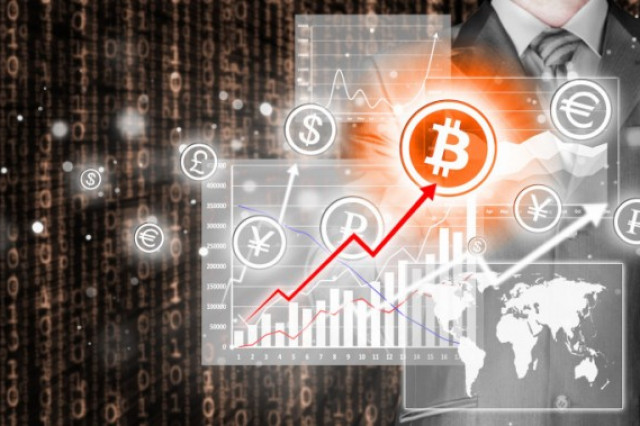In the last few years on different occasions we have heard media speak using the terms Bitcoin and Blockchain. Even so, we might not remember exactly when we started talking about these terms in this country where we live; we all talked about another concept that we had forgotten in the middle of 2017, none other than the Risk Premium; that if we were to intervene, that if the system had collapsed... and another that I was struck by how a young American had become a millionaire by changing their savings in Bitcoins at the beginning of the Financial Crisis that we still suffer from today.
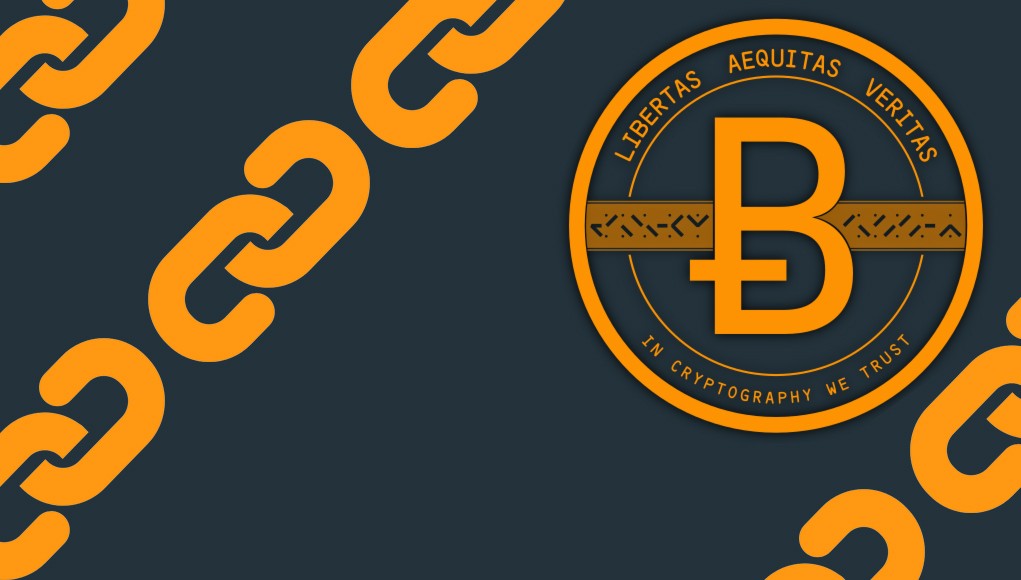
Nowadays, big corporations are investing considerabe resources in interpreting the benefits that Blockcoin, the code that Bitcoin works with, and the changes that we can assume that this will mean for its management systems in the future.
For sure we wonder when everything will start, and what is going on behind these terms, and why Companies and Financial Institutions are working to adapt their systems them to.
Bitcoin was born exactly on October 31st. 2008, when a series of people received a mysterious email in which a gentleman called Satosh Nakamoto, informed them that he was working on a new electronic payment system based on the Blockchain protocol which had three characteristics:
- The codes were shared through the P2P system (same as the download sites).
- It was a cryptographic system, so it would be safe.
- It would use time stamping technology, so that transactions were synchronized within the system.
As a main innovation, we should note that right from the beginning, the protocol itself determines the maximum number of Bitcoins that can be generated, depending on the "working capacity of the system" (the way they are created is by the so-called "mining" and consists of users who agree to give away part of the working capacity of their computers to generate Bitcoins) and is the figure of 21 million; once this number is reached, it will not be possible to generate even a single one more.
Bitcoin is so free that transactions are made directly between the parties so there are no intermediaries
To add more mysticism, we can affirm that no-one knows for sure who Mr. Nakamoto is.
It depends on its market price
Bitcoin (BTC) is a quoted currency, but unlike currencies such as the Euro or the Dollar it is not issued by any Central Bank that guarantees its value, but rather Bitcoin is a free and decentralised electronic currency that has no particular country or entity behind but the system that itself is what gives value. When a transaction is made in this currency, a series of blocks are generated that are distributed by different computers worldwide and these blocks act as Certificate of Security of the Operation; you cannot modify one without having to modify the rest so the transaction is closed and is secure.
Bitcoin is so free that transactions are made directly between the parties so there are no intermediaries.
As you can see, it presents a series of advantages that traditional systems do not present such as reducing costs by not presenting intermediaries and do not have to provide bank account numbers or credit card numbers as we do in any transaction over the internet.
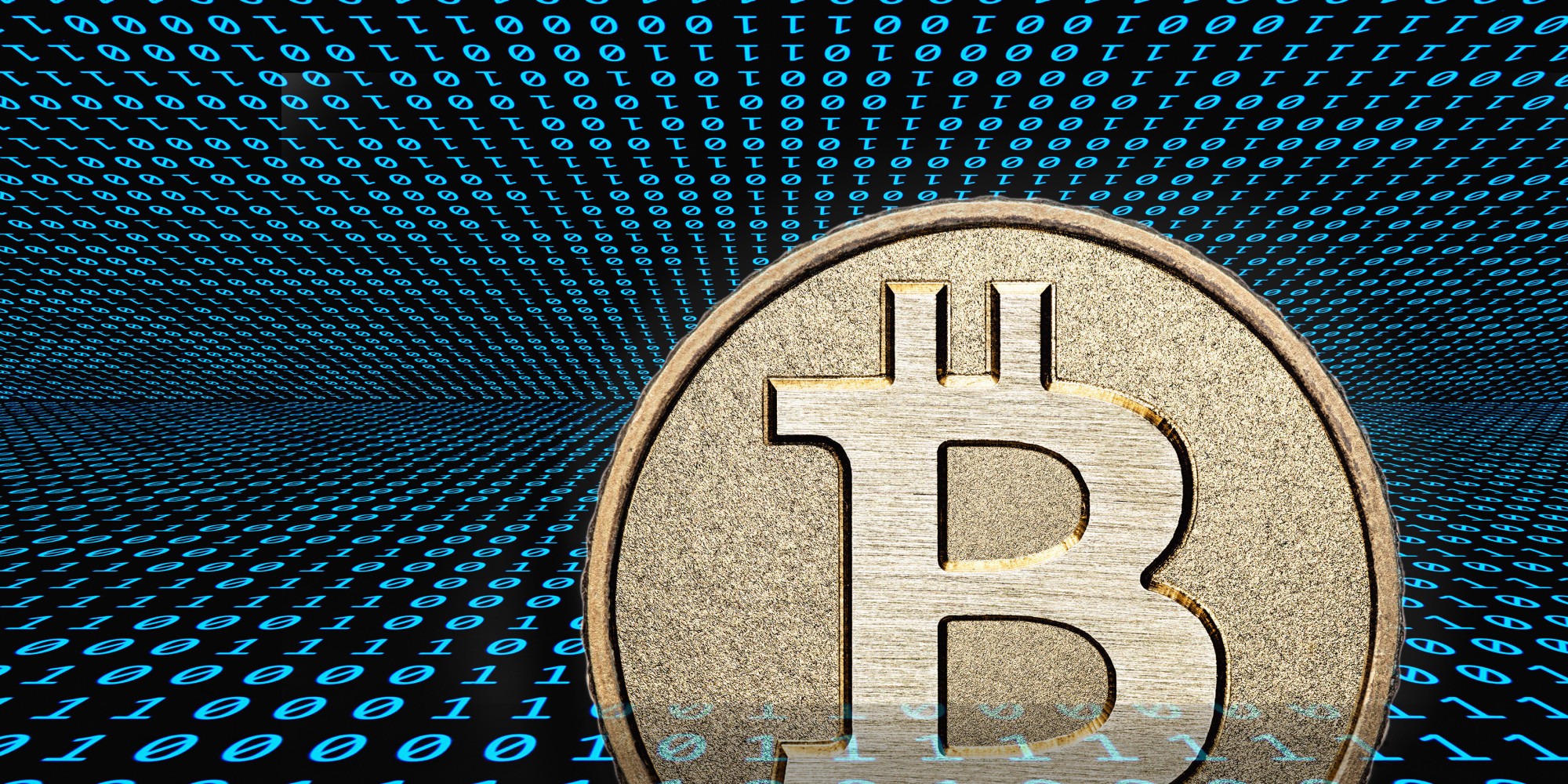
The main risks or disadvantages of this crypto-currency are that the transactions are irreversible (it does not accept returns) due to the blocks protocol that we have already mentioned, and therefore are instantaneous in terms of their formalization; finally, given that it is a quoted currency, it can fluctuate so that large profits can be generated as well as large losses.
To get an idea about this, we could to point out that at the beginning of June 2017, the exchange rate with the Dollar has reached USD 2,740, whereas at the end of April it was only USD 1,185. This incredible revaluation of the Crypto-currency in the Markets was because it was acting as a safe haven in countries with restrictions on the free movement of foreign currency, such as China, and because of this, its Authorities were evaluating some way of limiting the transactions.
It has arrived to stay
In light of the data, we can say that Mr. Nakamoto's purpose of changing the world has succeeded, even if it is still a currency outside the Central Bank system that we know. The Bitcoin has arrived to stay amongst us. It is a means of payment accepted by many, and possibly there is an establishment or an e-commerce near you that accepts payments using it and some countries such as USA or Japan are thinking of incorporating Bitcoin more as a means of payment.
It is simply a question of months or years for new applications to arise that today we cannot even imagine
In these nine years of the Bitcoin life, large corporations worldwide have realized that Blockchain, the protocol used by Mr. Nakamoto, could have infinite applications to the business world and it represents a revolution that will surely cause changes in the known management systems within a few years. The main change is in the decentralization of data; the data handling via P2P converts the network itself into a distributed database; where users can authenticate and verify them, but at any time, it is an open system. In addition, unlike Bitcoin, Blockchain does not need the "mining" discussed above, which greatly simplifies the process.
This reduction of information intermediaries (the system no longer needs them) means a significant reduction of costs. Additionally, the security that is obtained in the transactions carried out, makes what happens in the Digital World become imperturbable over time. Faster and more economic forms are the reason why it is simply a question of months or years for new applications to arise that today we cannot even imagine.



